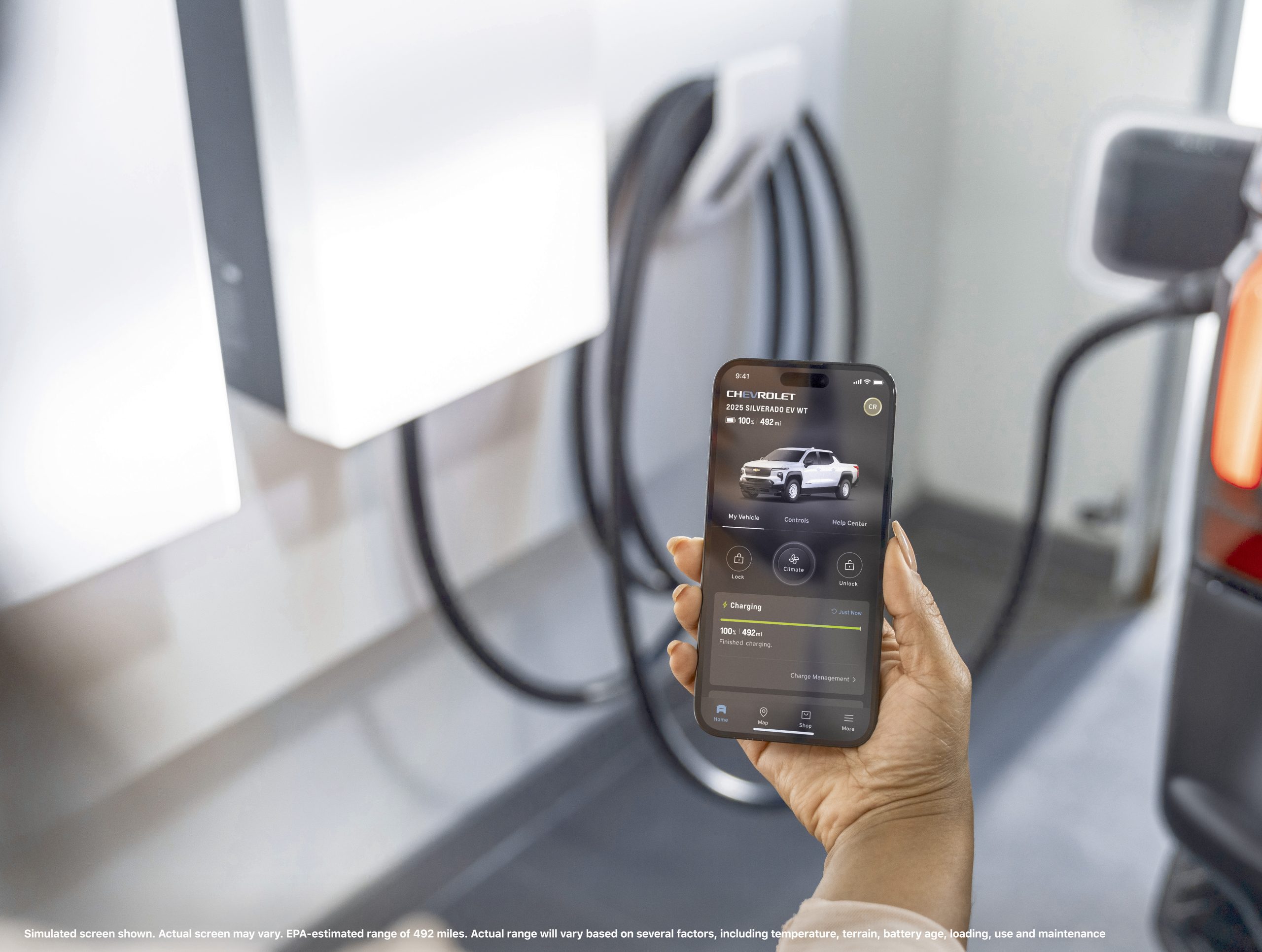Electric vehicles (EVs) are transitioning from niche to mainstream, becoming a significant part of the American transportation landscape. In Massachusetts, the adoption of EVs is accelerating as residents and policymakers prioritize cleaner transportation solutions to combat climate change. The busy transportation sector accounts for a substantial portion of the state’s greenhouse gas emissions, making the shift to electric mobility a critical component of Massachusetts’ environmental strategy.

A combination of consumer interest, government incentives, and an expanding selection of EV models supports this momentum. The variety of options has grown considerably from compact cars to electric SUVs and trucks. Massachusetts has been proactive in setting policy benchmarks and offering rebates to encourage adoption, positioning itself as a leader in the EV movement.
However, with the increasing number of electric vehicles on the road, the state faces new challenges: How will it scale up charging infrastructure equitably? Can the power grid handle the growing demand? Are incentives effectively reaching all communities? It’s essential to examine Massachusetts’ preparedness for the electric vehicle surge, focusing on infrastructure, grid capacity, policy landscape, and consumer trends.
EV Adoption: Progress and Challenges
As of January 2024, Massachusetts registered approximately 66,000 zero-emission vehicles, falling short of the state’s goal of 200,000 by 2025. This indicates a significant gap that must be addressed to meet climate objectives.
While the adoption rate is increasing, the current figures highlight the need for enhanced efforts to accelerate EV uptake. This includes expanding public awareness, improving infrastructure, and offering targeted incentives to encourage more residents to transition to electric vehicles.
Charging Infrastructure: Expansion and Accessibility
As of early 2025, Massachusetts has made strides in expanding its EV charging network, with numerous public charging ports installed across the state. However, access remains uneven, particularly in rural areas and densely populated urban neighborhoods where residents may lack private parking.
To address these disparities, the City of Boston initiated a curbside EV charging program, installing charging stations in various neighborhoods to serve residents without off-street parking.
Despite these efforts, challenges persist regarding charger reliability and maintenance. Ensuring the security and functionality of charging stations is crucial to building public confidence in the EV infrastructure.
Grid Readiness: Preparing for Increased Demand
The growing number of EVs continues to present challenges for the electrical grid, particularly at peak demand periods. ISO New England projects a 17 percent increase in annual energy use by 2033, mainly driven by the electrification of transportation and heating.
Massachusetts is implementing programs to enhance grid capacity and resilience to address this. For instance, the state plans to deploy 100 bidirectional EV chargers in a pilot program by September 2026 to add flexible grid capacity.
These initiatives aim to integrate EVs into the grid effectively, ensuring increased demand does not compromise reliability.
Incentives and Equity: Enhancing Accessibility
Financial incentives and rebates play a pivotal role in promoting EV adoption. The innovative Massachusetts Offers Rebates for Electric Vehicles or MOR-EV program provides rebates to purchase or lease eligible EVs.
However, equity concerns have been raised regarding the distribution of these incentives. Efforts are underway to ensure that low-income communities and residents without access to home charging can benefit from EV adoption. This includes targeted outreach and the development of charging infrastructure in underserved areas.
Consumer Behavior: Addressing Range Anxiety and Cold Weather Performance
Consumer concerns about EV range and performance in cold weather remain significant barriers to adoption. Freezing temperatures can reduce battery efficiency, leading to decreased range.
Advancements in EV technology, such as integrating heat pumps, have improved cold-weather performance. Heat pumps are more practical and efficient than traditional resistance heaters, helping to mitigate range loss in low temperatures.
Educating consumers about these advancements and providing transparent information on vehicle performance in various conditions can help alleviate range anxiety and encourage adoption.
Legal Readiness in an EV Landscape
As EV adoption grows, so does the legal complexity of traffic incidents involving advanced vehicle technologies. High-voltage batteries, regenerative braking systems, and semi-autonomous features introduce new liability concerns that traditional insurance and accident frameworks are still adapting to.
Whether a collision involves a fully electric or hybrid vehicle, proper legal guidance is essential. By working with a leading car accident lawyer Massachusetts residents can rely on, individuals can better understand their rights. Moreover, hiring reputable law firms such as Ballin Law can help them expertly navigate evolving regulations and ensure just and fair treatment in the event of a crash involving newer vehicle technologies.
As the EV market expands, integrating legal preparedness into the state’s mobility strategy is just as crucial as grid upgrades and charging infrastructure.
Advancing Toward an Electric Future
Massachusetts has made commendable progress in promoting electric vehicle adoption through policy initiatives, infrastructure development, and financial incentives. However, the state must continue addressing several key challenges to meet its ambitious goals.
First, infrastructure expansion must accelerate, particularly in underserved and high-density areas with limited access to charging stations. Equitable access will require sustained investment and partnerships with municipalities, utilities, and private providers. At the same time, enhancing grid capacity is critical. Programs that integrate electric vehicles into the grid—such as bidirectional charging pilots—will play a vital role in managing increased electricity demand while improving resilience.

Incentive structures also need ongoing refinement. Tailored financial programs and targeted outreach to low- and moderate-income communities are essential to ensure broad participation in the EV transition. Moreover, consumer education must remain a priority. Providing accurate, transparent information about EV performance, especially in cold weather and long-distance driving scenarios, can help alleviate range anxiety and boost public confidence.
Finally, legal preparedness must be integrated into Massachusetts’ mobility strategy. As the prevalence of EVs introduces new accident scenarios and liability questions, equipping drivers and legal professionals with up-to-date knowledge is essential for ensuring road safety and accountability.
By meeting these challenges head-on, Massachusetts can solidify its leadership in the national EV movement—creating a cleaner, more resilient, and more equitable transportation future for all.
Article Last Updated: April 10, 2025.
